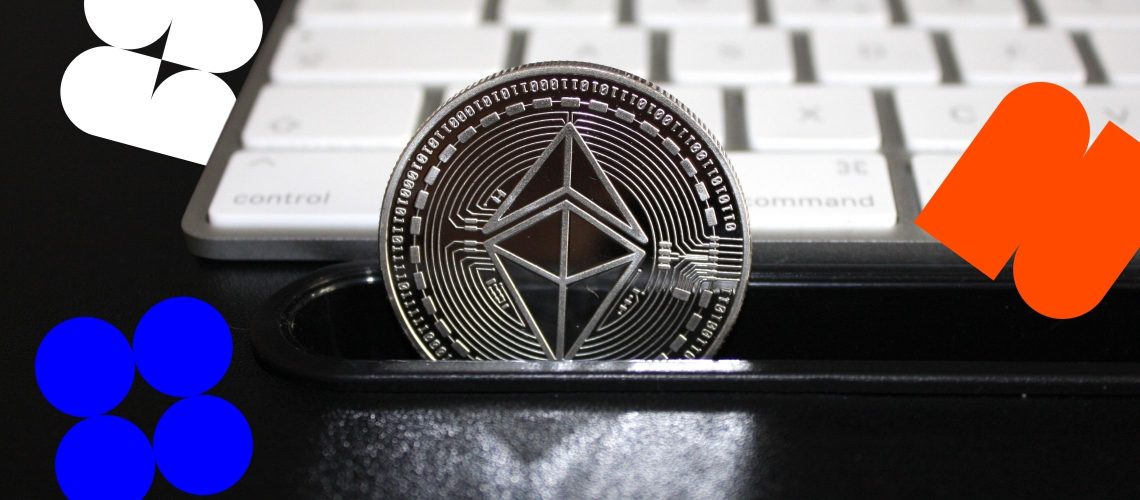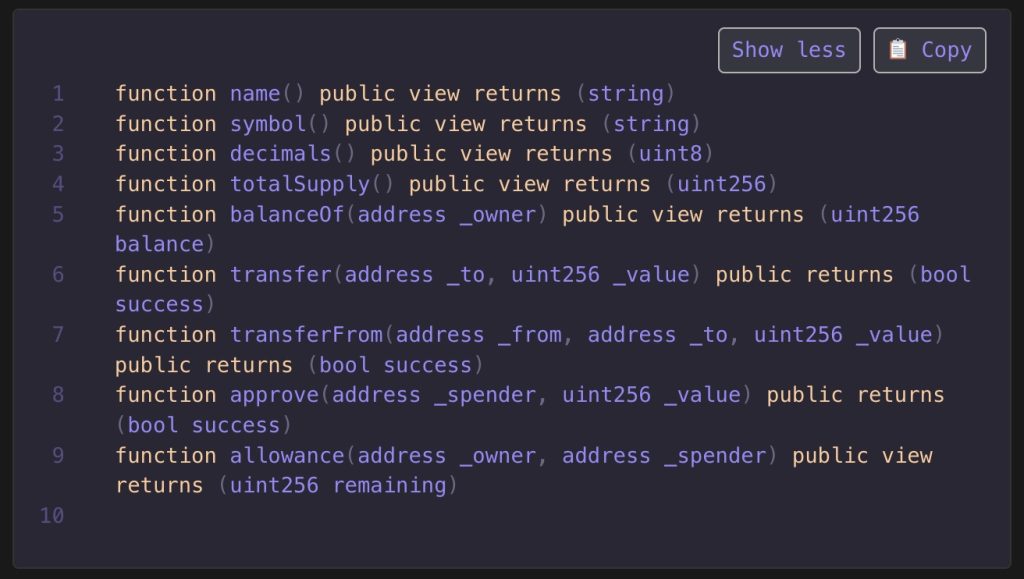
Token standards vary depending on the different smart contracts they follow. If you’re looking to create a crypto token, it is important to pick the right standard so that it interacts well within your preferred ecosystem. Otherwise, your token may as well be useless.
In this article, we highlight some of the common token standards. But first, let’s break down what smart contracts mean.
Smart contracts are self-executing contracts that deploy a predetermined action after parties fulfil the terms of agreement. Some describe these contracts as computer programs that live on the blockchain. Others call them a “digital vending machine” that releases a certain output once it receives the correct input.
Smart contracts also determine the logic behind a particular token, influencing how it interacts within a blockchain ecosystem. Over the years, the blockchain community has found a way to standardise these smart contracts. While it is not mandatory to follow them, token contracts that do not abide by the standards may have limited use.
Fun fact: Nicholas Szabo, a computer scientist, legal scholar, and cryptographer, coined the term “smart contract” back in 1994. Years later, Vitalik Buterin published a white paper detailing plans to implement smart contracts on the Ethereum blockchain.
You will find different functions in a smart contract’s code. In ERC-20, the code defines functions like “approve” and “transfer,” as well as the name and symbol of the token, effectively emulating a cryptocurrency like Bitcoin and Ether itself.
Here’s a sample (taken from Ethereum.com):

The ERC-20 standard is the most common token standard out there and one of the reasons why we see thousands of altcoins, which refer to any type of cryptocurrency other than Bitcoin. But ERC-20 is not the only standard available in the crypto world. Let’s look at other types of token standards that exist.
ERC-20 is a common technical standard for most smart contracts in the Ethereum network. It enables the creation of tokens that are fungible, or interchangeable with another identical token. These tokens allow access to decentralised applications in the Ethereum network. But remember, each operation on the Ethereum blockchain requires gas fees paid in ETH, which is the native currency of the blockchain.
Between 2016 and 2018, ERC-20 was the token of choice for many initial coin offerings (ICOs), resulting in the ICO boom. Examples of ERC-20 tokens include ChainLink, Dai, and Basic Attention Token.
ERC-721 is a standard for non-fungible tokens, which refer to tokens that are irreplaceable because each of them is unique.
Non-fungible tokens, or NFTs, represent a variety of assets, including art, music, and even legal documents like property deeds. Each token has a special characteristic and attribute, making them collectable. The ERC-721 token standard defines a minimum interface that a smart contract must implement so that users can manage, own, and trade them.
A famous NFT project is CryptoKitties, which is a game on the Ethereum blockchain that allows users to buy, sell, and breed digital cats. Today, NFT enthusiasts trade NFTs on marketplaces like OpenSea, Rarible, and TokenTrove.
BEP-721 is a standard for non-fungible tokens on the Binance Smart Chain (BSC). Similar to ERC-721, each BEP-721 NFT is unique and irreplaceable.
Like other tokens on the Binance Smart Chain, BEP-721 token transfers require gas fees in Binance Coin (BNB). They emerge on various platforms in the BSC ecosystem, including the Binance NFT Marketplace, Featured by Binance, BakerySwap, and Juggerworld.
BEP-20 is another token standard on the Binance Smart Chain that allows the creation of fungible tokens. Similar to the ERC-20, the BEP-20 standard sets outs the rules for all Binance tokens to follow. Transactions involving BEP-20 tokens require gas fees paid in Binance Coin (BNB), which is the native currency of the Binance Smart Chain.
ERC-1155 is the multi-token standard. It allows the deployment of smart contracts that include different types of tokens, including fungible, non-fungible, and even semi-fungible tokens.
This standard is popular among blockchain games, where in-game assets like “life” or “energy” can be fungible while others like “weapons” are non-fungible. Beyond blockchain games, this standard may also allow for the single transfer of multiple token types, hence, saving on transaction costs.
The ERC-725 standard defines proxy contracts and is able to have multiple keys associated with different smart contracts. Identity smart contracts can define individuals, machines, organisations and objects, making it a great tool for decentralised identity management.